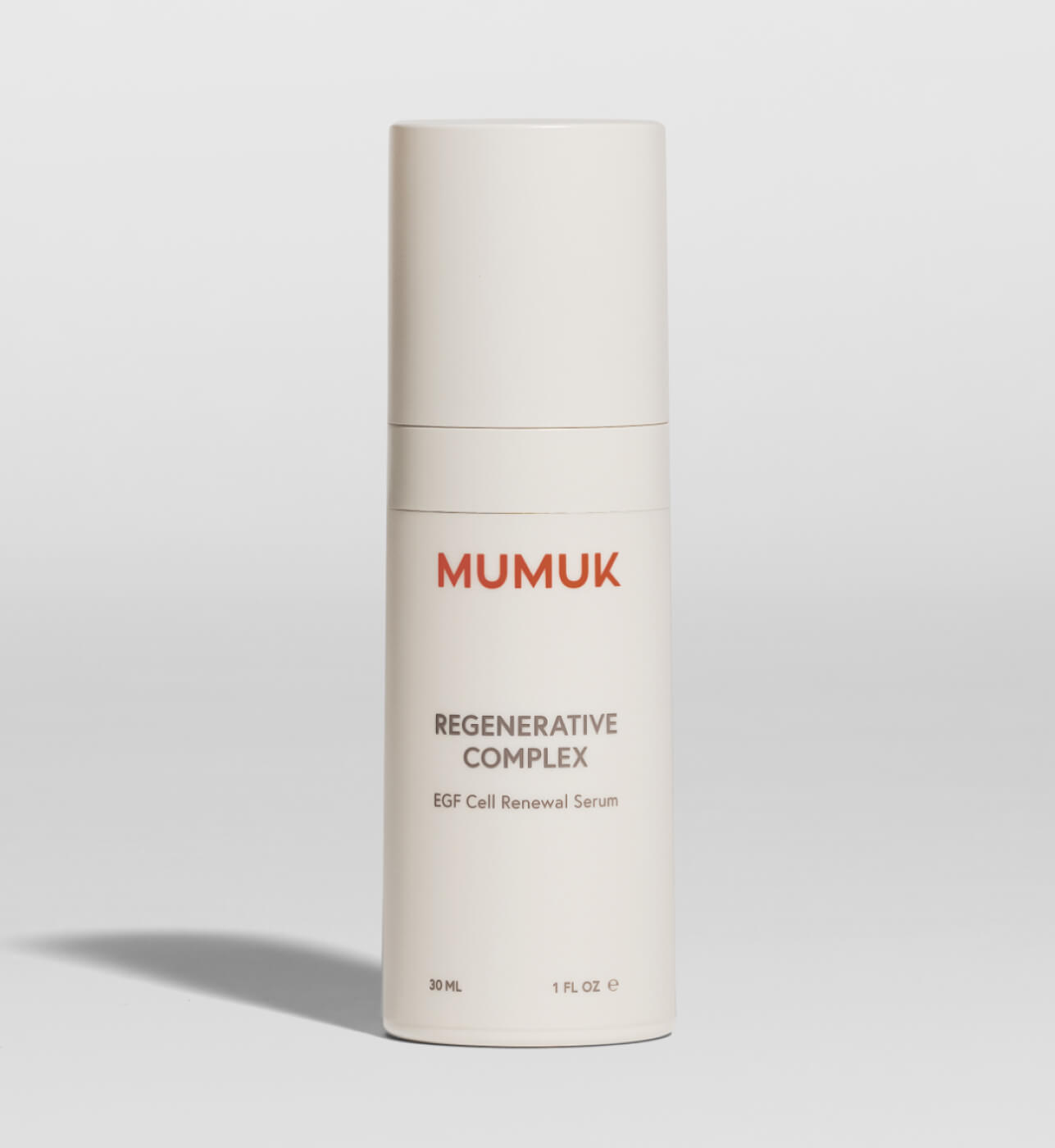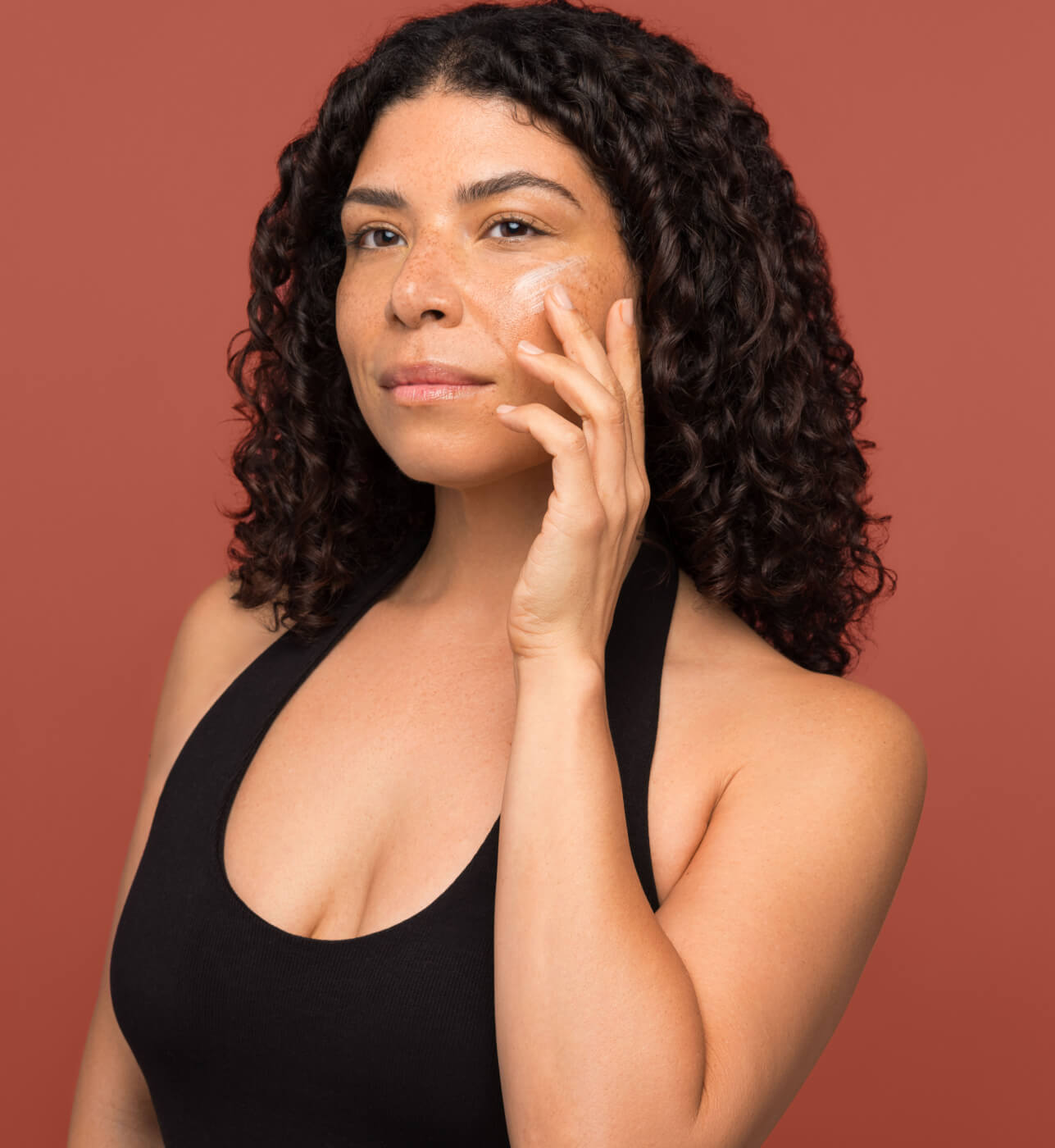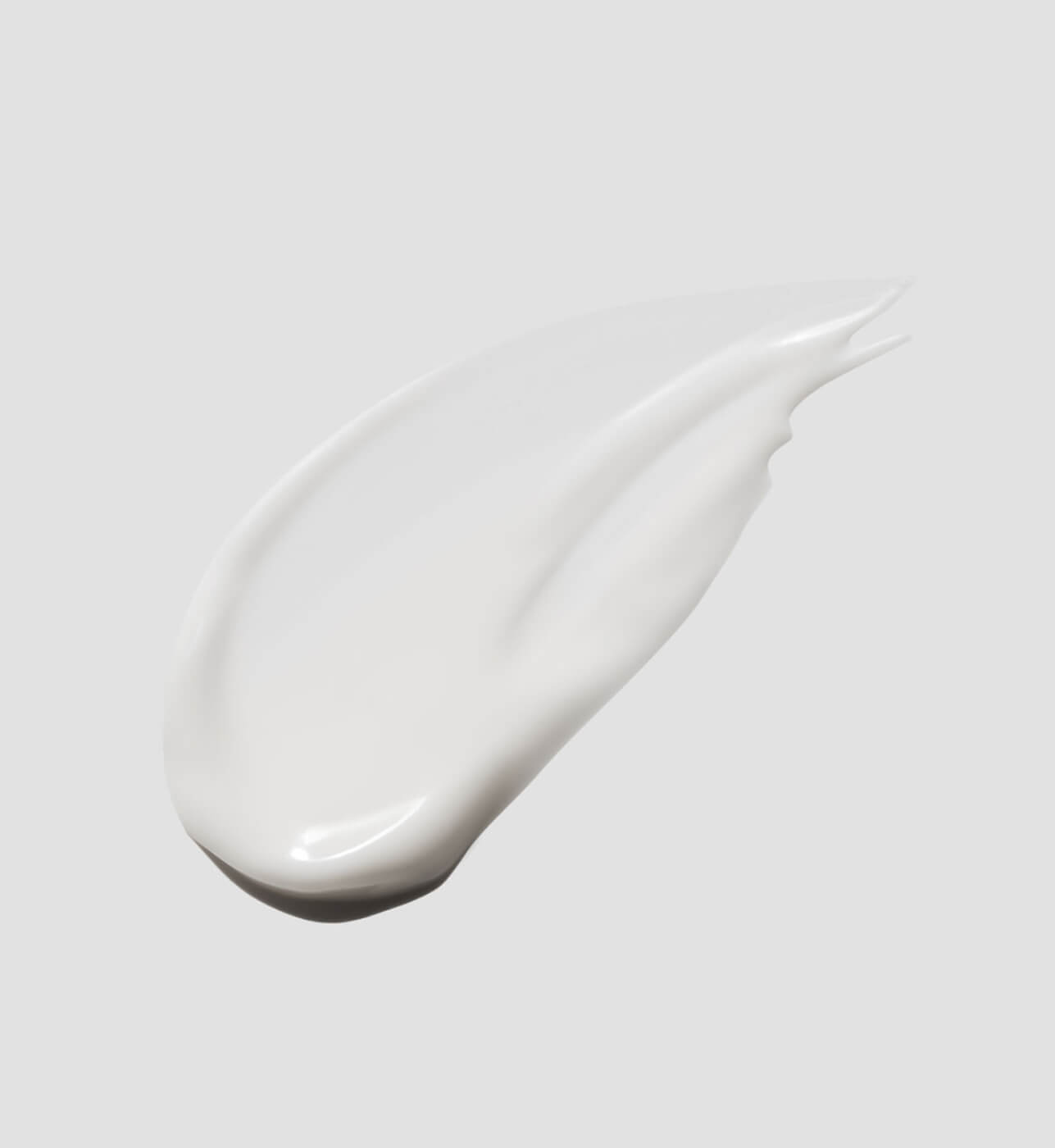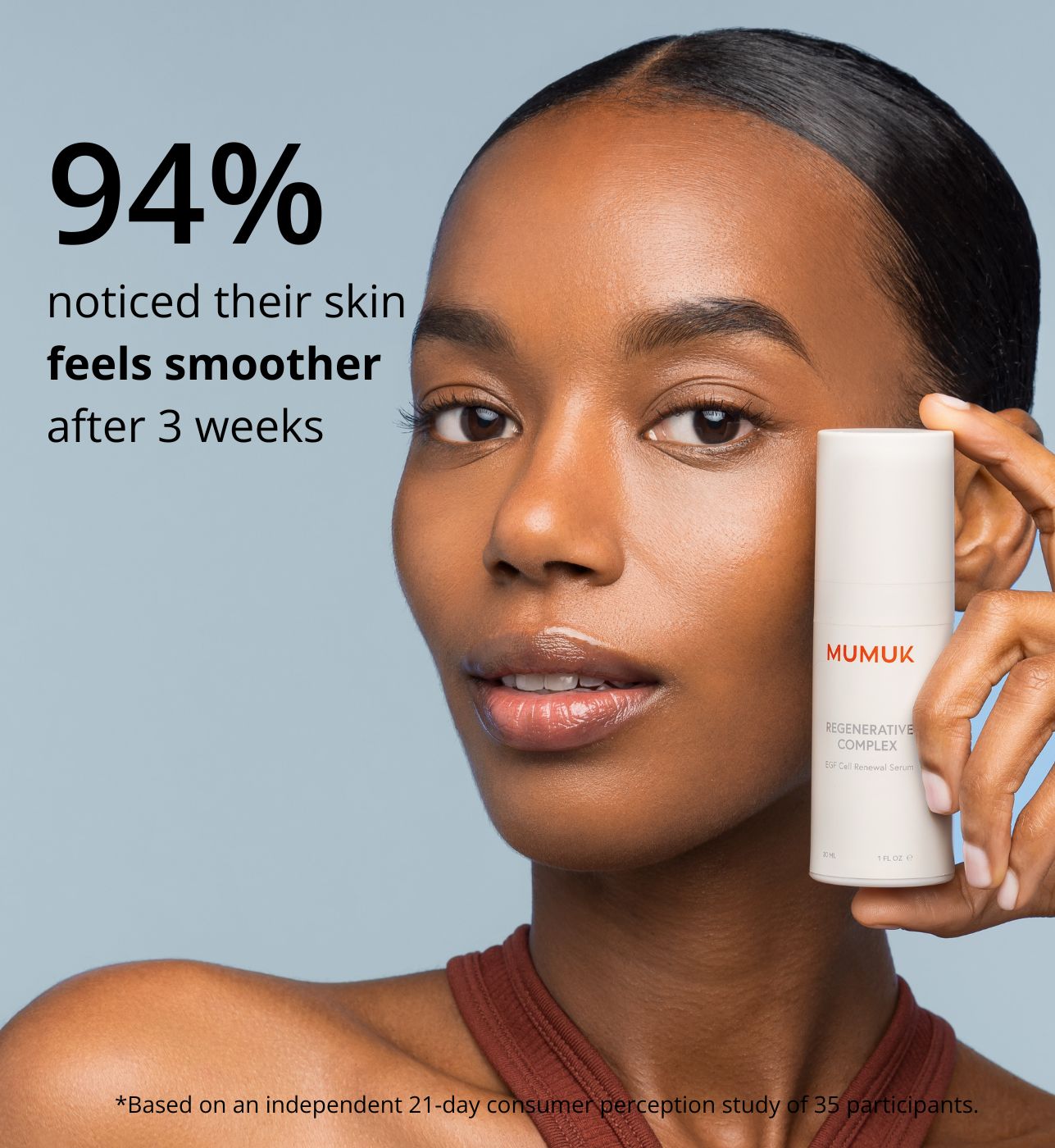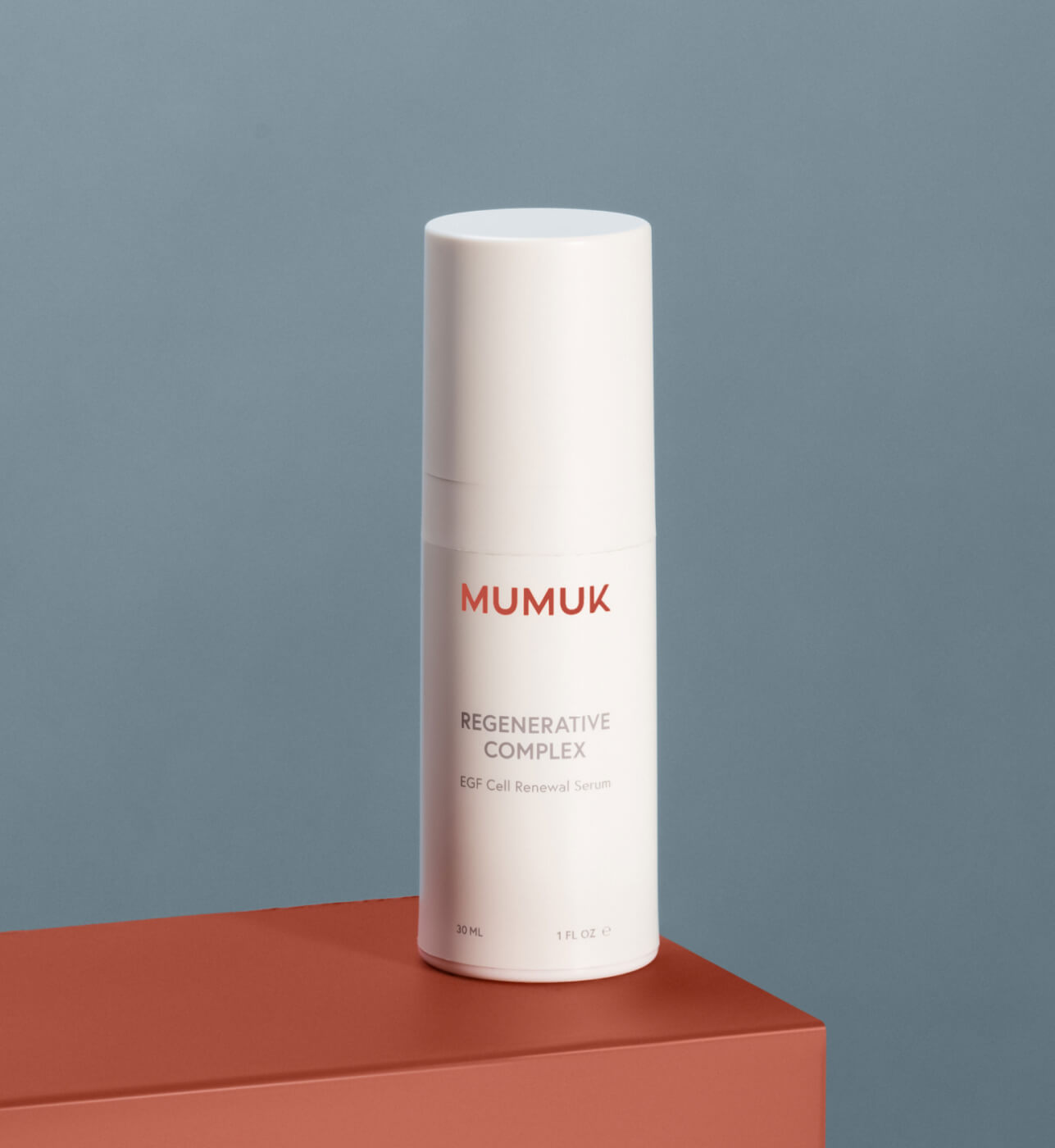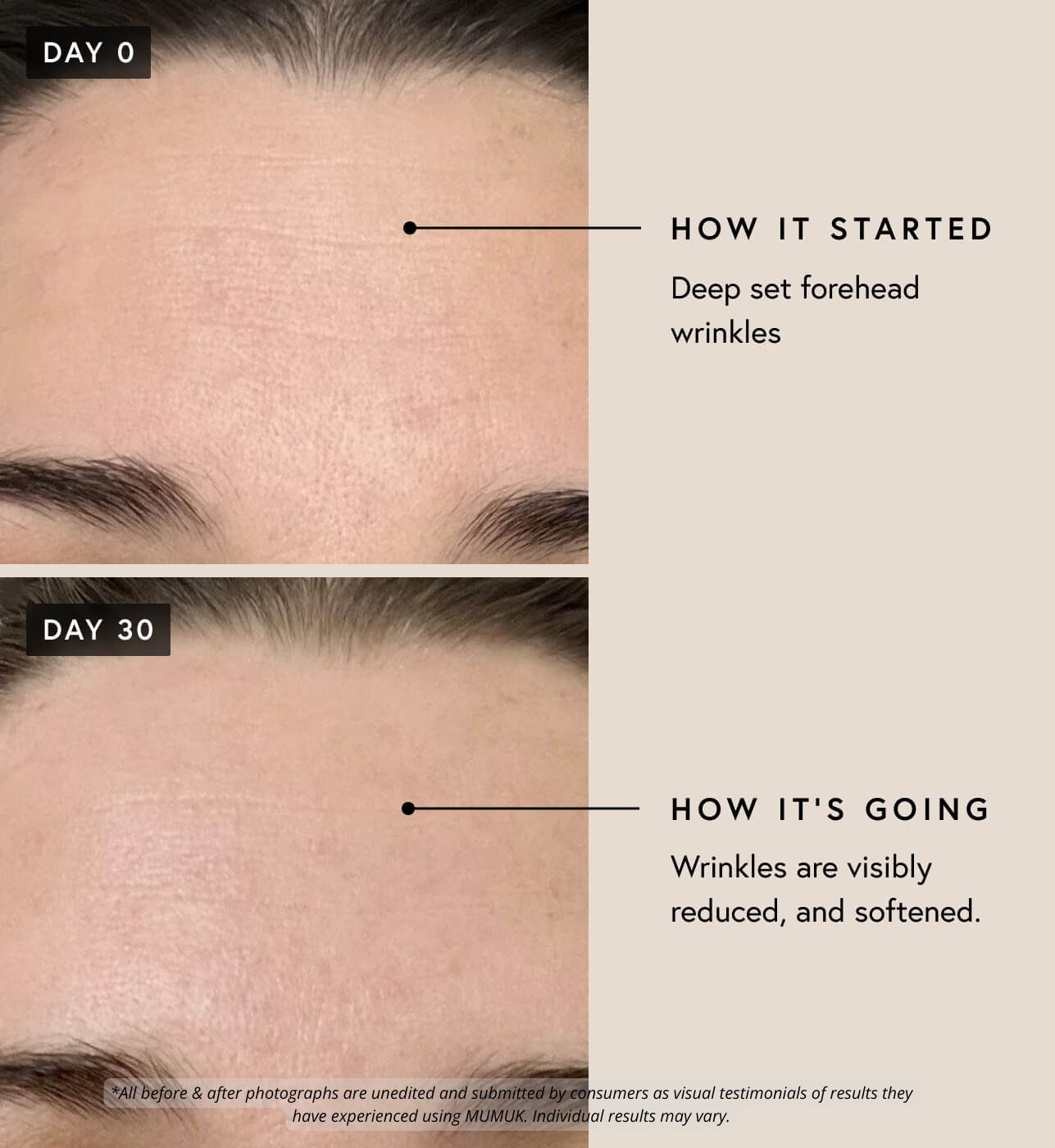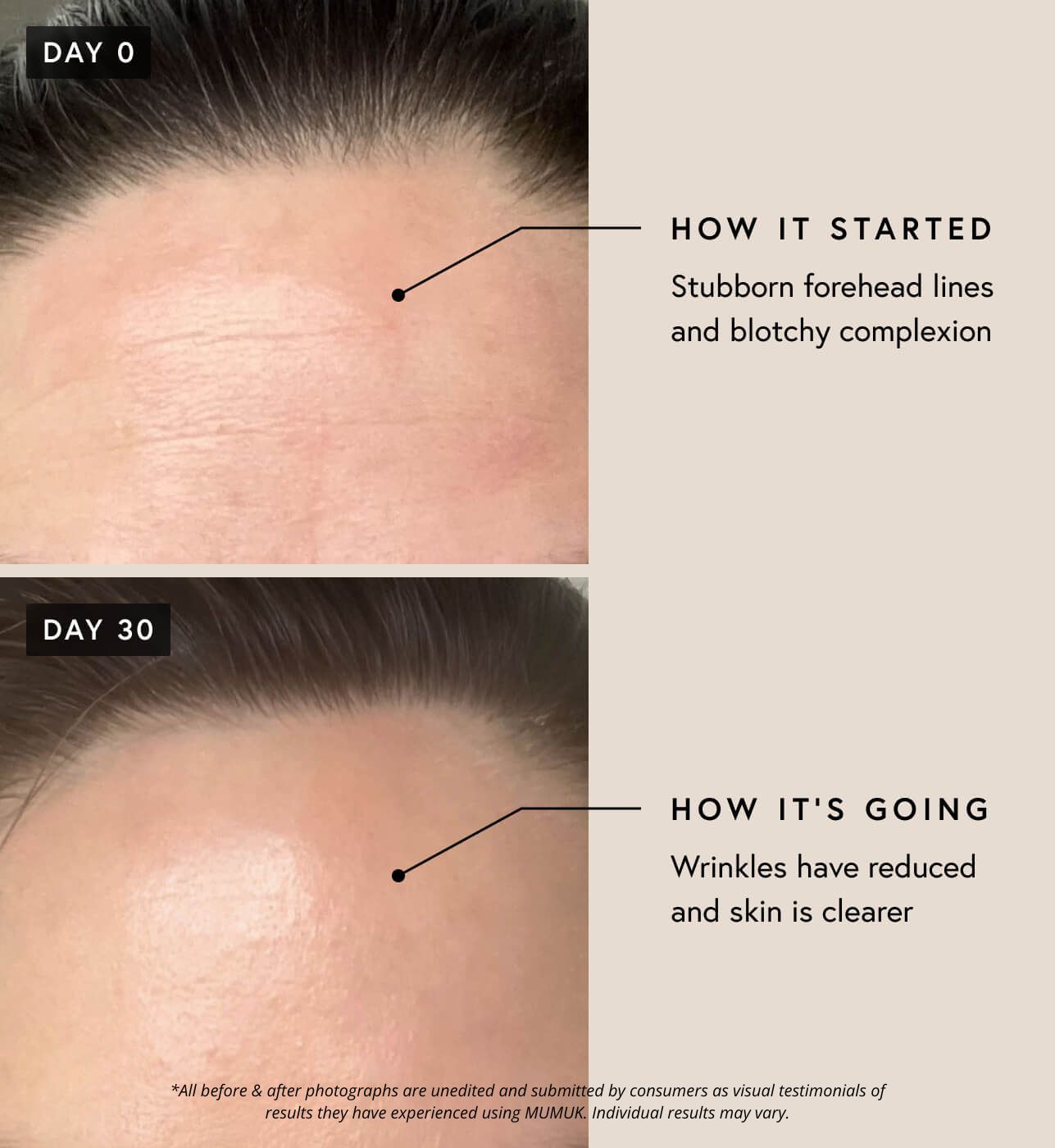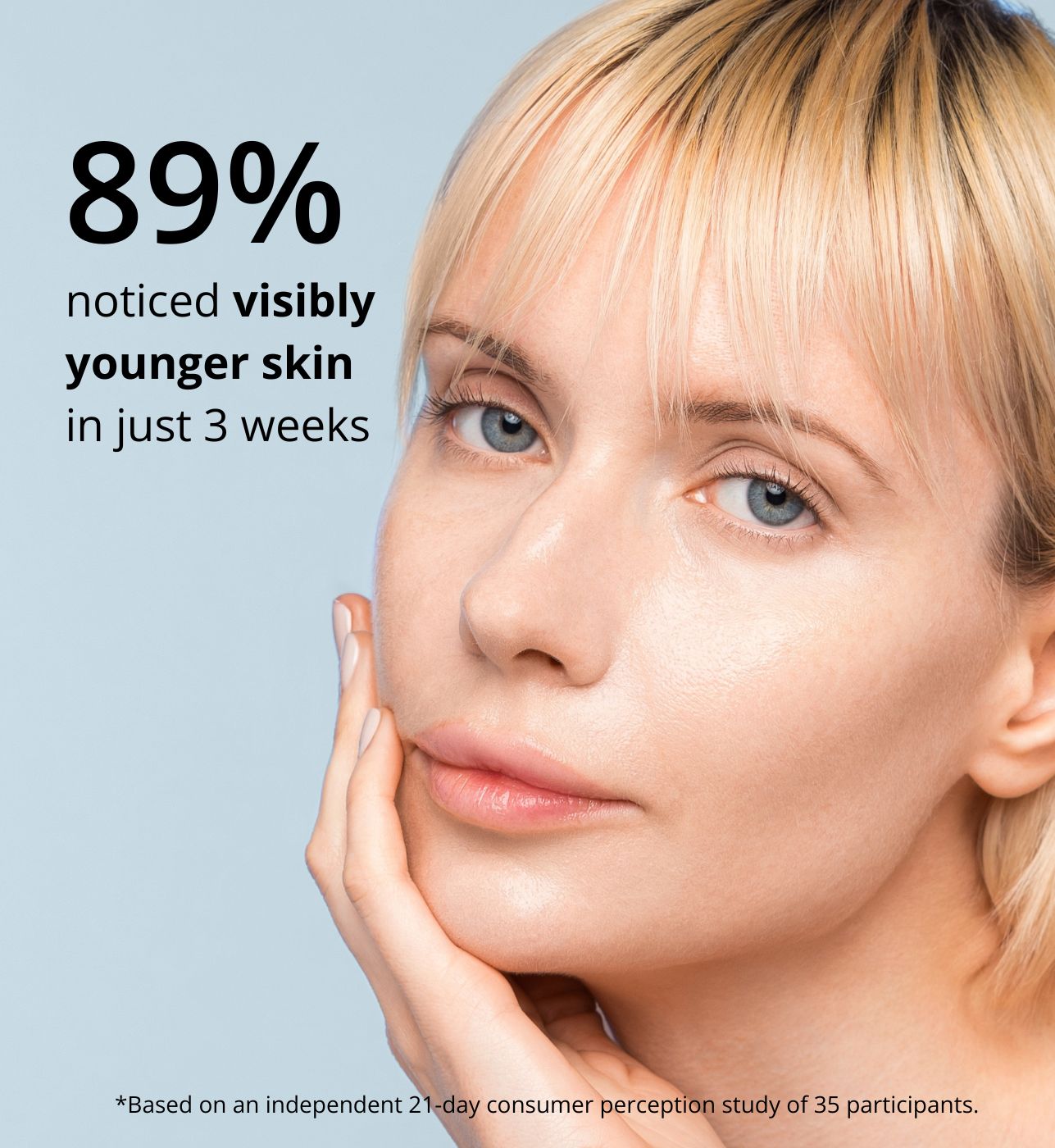
How Lifestyle Affects Skin Regeneration: Sleep, Nutrition & Stress
If you’ve ever wondered why your skin looks amazing after a relaxing vacation but dull and lifeless after a week of takeout and too little sleep, here’s the truth: your lifestyle directly impacts your skin’s ability to regenerate. Think of skin regeneration as your skin’s natural refresh button. Skincare is important, but even the best products can’t outwork chronic stress, poor nutrition, and a bad sleep schedule. The secret to youthful, resilient skin? It starts from the inside out.
1. Sleep: Your Skin’s Night Shift
Ever heard of "beauty sleep"? It’s not a myth. While you’re sleeping, your body goes into full-on repair mode. This is when collagen production peaks, cell turnover speeds up, and oxidative stress is neutralized. Skimping on sleep? Expect:
-
Slower skin regeneration (hello, dullness and fine lines!)
-
Increased inflammation, leading to breakouts and redness
-
Reduced hydration, making skin look dry and tired
How to Fix It:
-
Aim for 7-9 hours of sleep per night.
-
Use skincare that supports overnight repair, like peptides, growth factors, and ceramides.
-
Try a silk pillowcase to minimize friction and irritation.
2. Nutrition: Feed Your Skin Right
Your skin is the largest organ in your body, and like the rest of you, it thrives on nutrient-rich foods. If your diet is full of sugar, processed foods, and alcohol, expect inflammation, breakouts, and sluggish skin renewal.
The Best Nutrients for Skin Regeneration:
-
Vitamin C – Essential for collagen production and brightening skin.
-
Omega-3 fatty acids – Keep the skin barrier strong and hydrated.
-
Antioxidants (found in berries, nuts, and leafy greens) – Fight free radicals and oxidative stress.
-
Protein (collagen, eggs, lean meats, legumes) – Supports skin structure and repair.
How to Fix It:
-
Prioritize whole, unprocessed foods with healthy fats and lean protein.
-
Drink plenty of water to keep your skin hydrated from within.
-
Cut back on sugar and alcohol, which accelerate aging and inflammation.
3. Stress: The Silent Skin Killer
Stress isn’t just bad for your mind—it’s a disaster for your skin. When you’re stressed, your body releases cortisol, a hormone that triggers inflammation, breaks down collagen, and throws off your skin’s ability to regenerate properly.
Signs stress is sabotaging your skin:
-
Increased breakouts and sensitivity
-
Worsening of conditions like eczema or rosacea
-
Accelerated aging (fine lines, sagging, and dullness)
How to Fix It:
-
Prioritize daily stress management (meditation, movement, deep breathing, or even just a walk outside).
-
Get enough sleep and eat well (see above, these work together!).
-
Use skincare that helps repair stress-induced damage, like barrier-strengthening ceramides, antioxidants, and soothing ingredients like niacinamide.
MUMUK: Supporting Skin Regeneration Inside and Out
At MUMUK, we believe skincare is just one part of the equation. Regeneration isn’t just about what you put on your skin, it’s about how you support your body’s natural ability to renew itself.
By optimizing your sleep, nutrition, and stress levels, you’re giving your skin the best possible environment to thrive. And when you pair that with science-backed regenerative skincare? That’s when the magic happens.
Because great skin isn’t just about serums. It’s about a lifestyle that supports renewal from the inside out.




